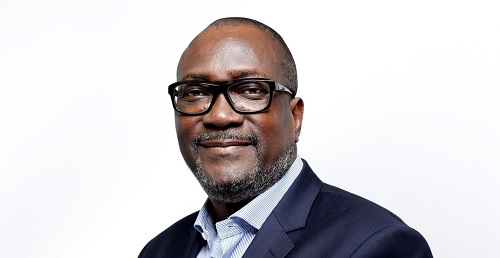
Calls asking for Council of State to be abolished not enough – Prof Prempeh
The Chairman of the Constitutional Review Committee, Professor H. Kwasi Prempeh says the Council of State needs reforms and that calls for it to be abolished outright were not enough.
Speaking on Joy FM’s Newsfile programme on Saturday, May 3, 2025, Professor Prempeh noted that while many public submissions received by the constitution review committee as of now are calling for the Council of State to be abolished, the task before the committee is not merely to echo public sentiments but to ask deeper questions about how governance can work better.
“You really put me on the spot on this one,” he said. “Yes, we’ve had a number of submissions on various issues, but one of the interesting ones is the Council of State. The sense at the time we had that conversation was that a number of submissions were in favour of its abolition. But our role as a committee is to probe: why do people want it abolished?”
Professor Prempeh explained that many criticisms of the Council relate to its limited visibility as an advisory body, its non-binding advice to the President, and the perception that it is too heavily influenced by the executive.
“My position is: if we dealt with the opacity issue and made its business more transparent, if we tweaked the composition, and if its advice could be made binding in some areas, would people still want to get rid of it?” he asked. “Rather than take a binary ‘abolish or keep,’ I have been interested in a middle ground, retain but reform.”
He stressed that the committee’s job is forward-looking. “We are not just recording what people are unhappy with. We are trying to find out why something is not working and whether it can be made to work.”
The Council of State was established under the 1992 Constitution to advise the President in the performance of his duties. But in recent years, its relevance has been questioned by some people, with some arguing that it does little to check executive power or improve decision-making.
Professor Prempeh said the review process is not an academic exercise behind closed doors. Instead, it is being shaped by direct engagements with Ghanaians, institutions, and experts, with the aim of producing reforms that reflect the real challenges people face.
“It’s not enough to say ‘abolish it’ because it’s not working,” he said. “We need to ask: what’s not working, and can it be fixed?”
The Constitutional Review Committee is currently undertaking consultations nationwide.
Its recommendations will feed into proposals to amend sections of the 1992 Constitution that are widely seen as outdated, ineffective, or misaligned with the needs of a modern democracy
